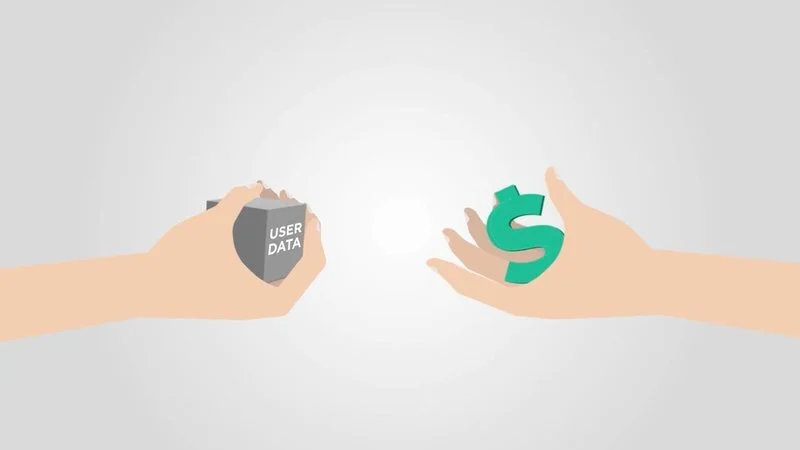Has the Web Turned Into a Popularity Contest?
The Internet and the WWW are in their relative infancy. 20 years is just not a lot of time for anything to reach maturity. I think it is safe to say that the web has grown from a wild, unfettered space full of creative and yet fairly unkempt growth to a place dominated by apps and the increasingly ubiquitous social graph. We have, in fact, now reached the high school phase where who you know, what you know and who knows it first often dominates the public discourse.
A spate of recent studies by PEW and others begins to shed some light on the inner workings of these social dynamics online. In Why do people use Facebook? (Nadkarni and Hofmann), the authors review a wide range of recent scholarly work and conclude that there are two primary drivers for the use of Social Networking Services (SNS). First is the “need to belong” and the other is “the need for self-presentation.” These are obviously core human needs and their findings should come as no great surprise. As I have written elsewhere, and the authors remind us, personality type is a key factor in how people use Facebook. The heaviest users of FB tend to be extroverts or have low self-esteem, high levels of neuroticism and narcissism. Shy people also use FB heavily, though they prefer the “wall” where they can lurk. Narcissists tend to be active users of “profiles” and “photos”. The authors also looked at the cultural context of Facebook use, concluding that people in collectivist societies tend to use Facebook because of their “need to belong” while those that live in more individualistic cultures tend to use the service to meet their “need for self-presentation.”
With these baseline observations in hand, I spent some time reviewing two new PEW studies – The tone of life on social networking sites and Why most Facebook users get more than they give. The first study examines the overall tone of SNS and how teens and adults experience it differently. Adults experience far less cruelty on SNS than teens and the negative experiences they have led to fewer negative impacts in the real world (see chart). As the study posits, this may be because adults are better than teens at restraining themselves from getting involved in negative situations. The exception to this trend is Millennials (ages 18 to 34) and high-frequency users who are more than twice as likely than the average adult to have experienced one or more of these negative outcomes.
In general, women had a harder time ignoring cruelty in SNS than men and stepped up more frequently to defend people. Also, minorities, women, parents, and Millennials were “most likely to witness offensive material” on SNS, which included offensive language and images. It is worth noting that in this study, 64% of surveyed adults use SNS and this was true across the social spectrum. Usage held steady regardless of gender, race, ethnicity and income.
In answer to the basic question about the tone in SNS, people were generally quite positive, though adults were more positive than teens. Roughly 60%+ of SNS users report that the experience made them feel closer to another person and/or made them feel good about themselves. It successfully scratched the core itches noted above – the need to belong and the need for self-presentation.
Finally, in the PEW study, Why most Facebook users get more than they give, authors Hampton et al examine what they call the Facebook “power users”. These people, about 30% of Facebook users, generate a highly disproportionate amount of activity. This disproportionate activity accounts for the fact that most of us receive more friend invites than we send and get more likes than we give. Interestingly, these super users tend to specialize. Some are really great at posting photos, others at “liking” things, and yet others are status updates. Only about 5% of Facebook power users are active in more than one of these areas. This finding that fits neatly with the personality and SNS findings cited earlier. Other tidbits of interest include the finding that women post more status updates than men and people who post more updates experience more social support in the system. Similarly, people who make and accept more friend requests experience more social support both online and offline. Finally, the more friends you have on Facebook, the more active you are and the more you tend to glean the goodies from the system.
None of the findings in these studies are particularly surprising. It makes sense that the way people use SNS would reflect their personality types. It is also not surprising that teens would experience more cruelty online than adults. For many of us, high school was a time of peak social and emotional intensity where feelings were hurt easily and often. It also makes sense that those of us who invest significant time in Facebook will collect more friends, likes and support than others.Studies such as these that illuminate the ways our use of SNS is evolving are important. 64% of us spend a lot of time in these environments and that interest, according to the Hampton study, does not seem to be flagging. The larger concern is that when we reduce our primary experience of ICT down to a way to stay in touch with others and manage our personal brands, we are certainly missing out on the larger transformative potential of technology. Let’s hope that Facebook is equivalent to the high school phase of our technical evolution and that we will soon go into the wider world and see that there is more – much more – to be discovered.





